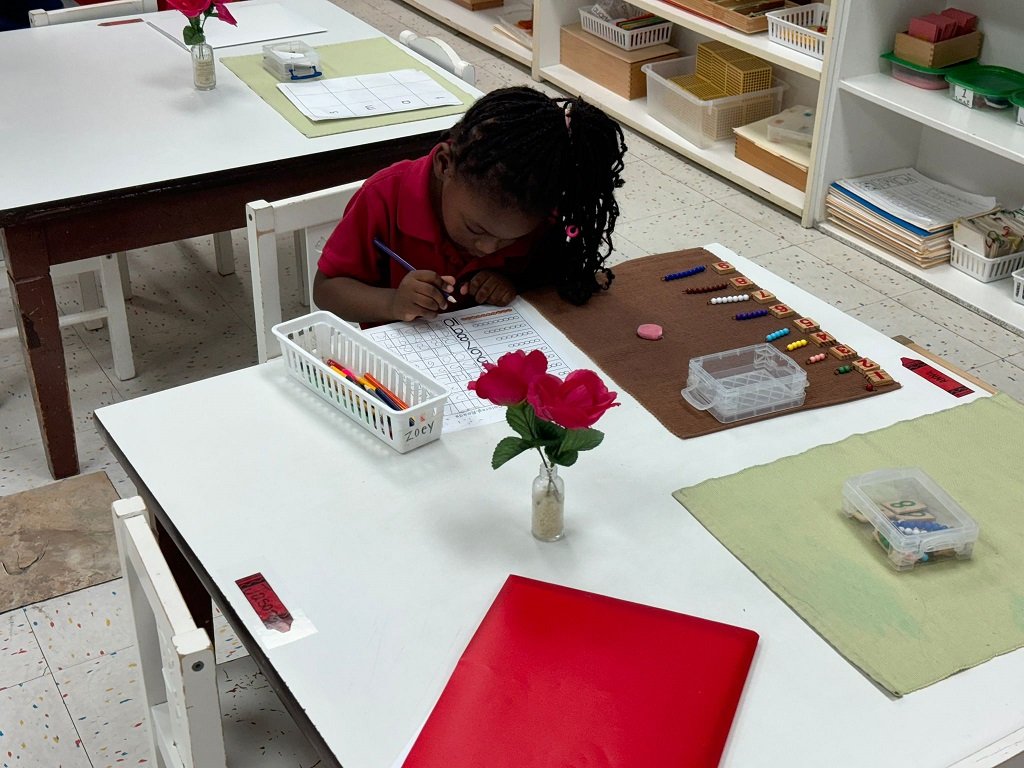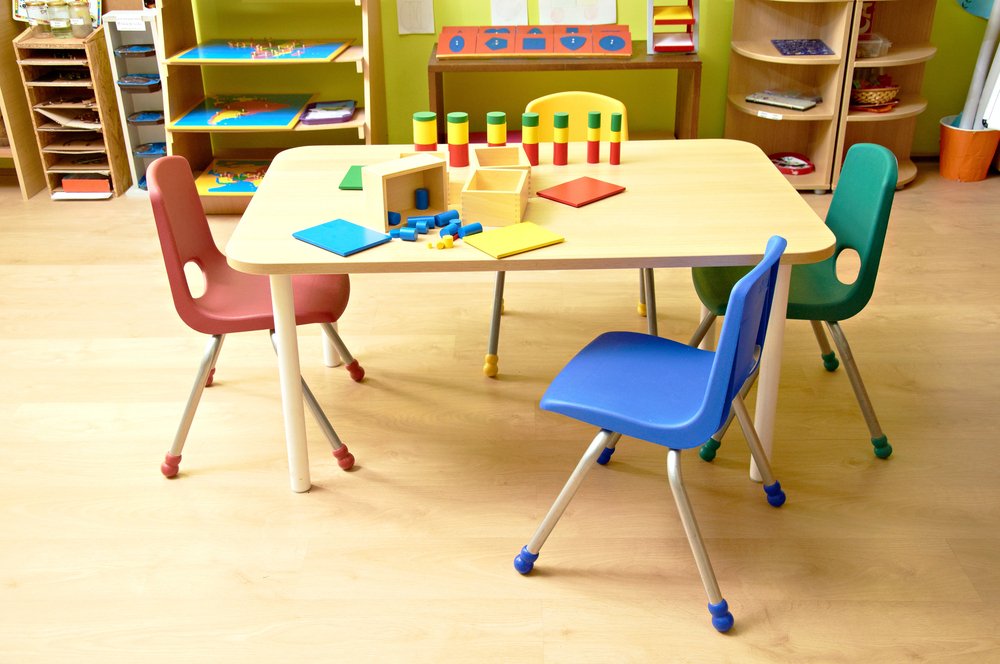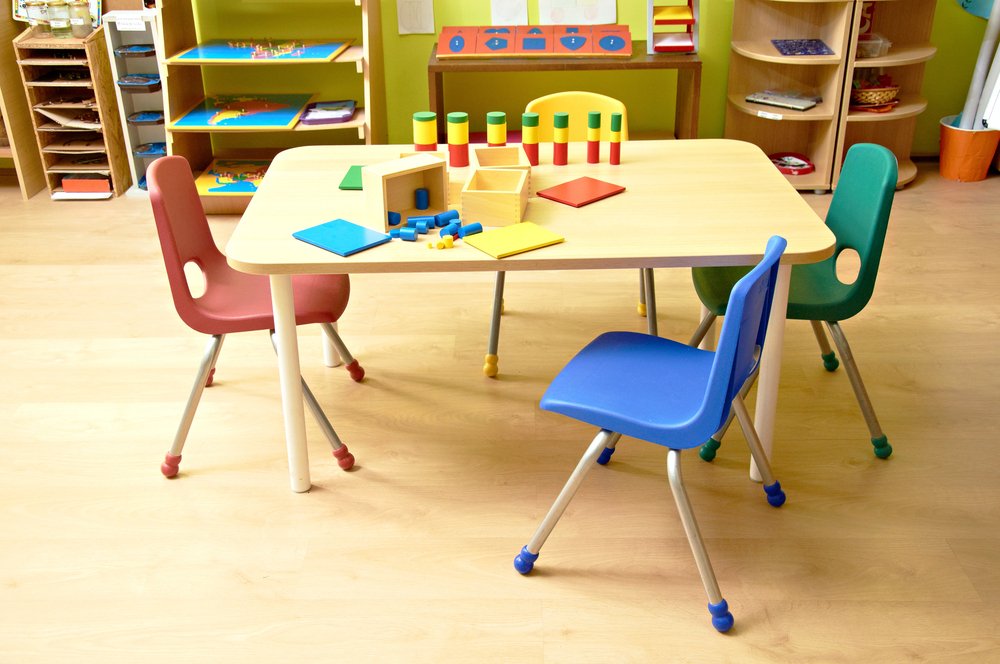Choosing the right educational path for a child is one of the most important decisions parents make. Among the many options available, Montessori education continues to stand out as a proven method that nurtures independence, critical thinking, and a lifelong love of learning. Developed more than a century ago by Dr. Maria Montessori, this approach has been embraced worldwide for its ability to prepare children not only academically but also socially and emotionally.
Montessori schools are uniquely designed to cultivate these qualities, giving children the tools they need to succeed both in the classroom and in life.
1. Encouraging Independence from the Start
Montessori classrooms are structured to empower children to take charge of their own learning. Instead of rigid schedules, students choose from a range of carefully designed activities that align with their interests and developmental stage. This freedom within limits helps children develop responsibility, self-discipline, and decision-making skills.
When children are trusted to explore their curiosity, they build confidence in their abilities. By managing their own tasks—such as preparing materials, cleaning up, or helping classmates—students learn that independence goes hand in hand with accountability.
2. Hands-On Learning that Builds Critical Thinking
One of the hallmarks of Montessori education is its hands-on approach. Children don’t simply memorize facts; they interact with materials that bring concepts to life. For example, math is taught with beads, blocks, and number rods, allowing children to physically grasp abstract ideas.
This style of learning stimulates curiosity and problem-solving. Instead of passively receiving information, Montessori students ask questions, experiment, and discover solutions. These critical thinking skills serve as the foundation for academic excellence and future career success.
3. Cultivating a Lifelong Love of Learning
Montessori classrooms are designed to make learning joyful and engaging. Lessons are personalized, meaning children can progress at their own pace without pressure or comparison. When students master a skill, they feel a genuine sense of accomplishment, which motivates them to take on new challenges.
This intrinsic motivation creates lifelong learners. Rather than viewing education as a chore, Montessori children see it as an exciting journey, sparking creativity and curiosity that last well beyond their school years.
4. Respect for the Whole Child
Montessori education focuses not only on academic growth but also on emotional, social, and physical development. Classrooms are calm, respectful environments where children learn conflict resolution, cooperation, and empathy. Older students often mentor younger ones, fostering leadership and compassion.
By valuing the whole child, Montessori schools prepare students to navigate life with resilience, kindness, and self-awareness.
5. Preparing Children for the Real World
The ultimate goal of Montessori education is to equip children with skills they will use in real life. Independence, adaptability, creativity, and collaboration are all qualities employers and communities value. Montessori graduates often excel in self-management, teamwork, and leadership because they’ve been practicing these skills from a young age.
Whether they pursue higher education, entrepreneurship, or other paths, Montessori students carry forward the ability to think critically, solve problems, and approach challenges with confidence.





